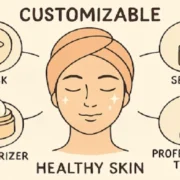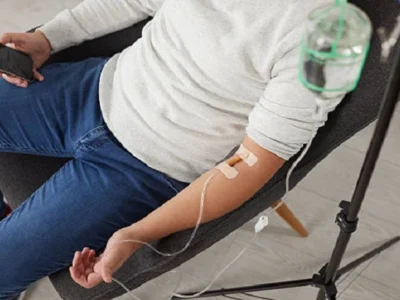Given the significant role of the ECS in addiction, targeting this system presents a promising avenue for addiction treatment. The ECS plays a significant role in the brain’s reward system, which is heavily involved in the development of addiction. When a person consumes addictive substances, such as alcohol, nicotine, or opioids, these substances can affect the ECS, particularly the CB1 receptors in the brain. This interaction can lead to altered neurotransmitter release, reinforcing the pleasurable effects of the substance and contributing to the cycle of addiction. Several potential addiction treatment strategies can be considered:
Pharmacological Interventions
Medications that target the ECS, such as CB1 receptor antagonists, have shown promise in reducing cravings and preventing relapse. For example, rimonabant, a CB1 receptor antagonist, was initially developed as an anti-obesity drug but also demonstrated efficacy in reducing alcohol and nicotine cravings. However, its side effects limited its use, highlighting the need for further research to develop safer ECS-targeting drugs.
Additionally, cannabinoids like CBD, which does not produce the psychoactive effects associated with THC, have been studied for their potential to modulate the ECS and reduce drug cravings. CBD has shown promise in reducing anxiety, stress, and cravings in individuals with substance use disorders, making it a potential adjunct to traditional addiction treatment.
Behavioral and Lifestyle Interventions
Beyond pharmacological approaches, behavioral and lifestyle interventions that support ECS balance can also be beneficial in addiction treatment. Regular physical activity, for instance, has been shown to enhance endocannabinoid levels and improve mood, which can help reduce the risk of relapse. Similarly, practices like mindfulness meditation, which reduces stress and promotes emotional regulation, can support ECS function and contribute to long-term recovery.
Nutrition also plays a role in supporting the ECS, as certain foods contain compounds that influence endocannabinoid activity. Omega-3 fatty acids, found in fish, flaxseeds, and walnuts, are precursors to endocannabinoids and can help maintain ECS balance. By incorporating these lifestyle interventions into addiction treatment, individuals can support their ECS naturally and improve their chances of recovery.
Integrative Approaches
Integrating ECS-targeted therapies with traditional addiction treatment approaches offers a comprehensive strategy for addressing substance use disorders. For example, combining pharmacological interventions that modulate the ECS with cognitive-behavioral therapy (CBT) can help individuals manage cravings while also addressing the cognitive and emotional aspects of addiction.
Holistic treatment programs that incorporate ECS support, such as through exercise, nutrition, and stress management, can enhance the overall effectiveness of addiction treatment. These integrative approaches recognize the interconnectedness of the body’s systems and the importance of addressing addiction from multiple angles.
The endocannabinoid system plays a crucial role in the development and maintenance of addiction, influencing everything from dopamine release to stress regulation and craving responses. Understanding how the ECS interacts with addictive substances provides valuable insights into how addiction treatment can be optimized.
By targeting the ECS through pharmacological interventions, behavioral strategies, and lifestyle changes, addiction treatment programs can offer more comprehensive and effective support for individuals seeking to overcome substance use disorders. As research in this field continues to advance, the potential for ECS-based therapies in addiction treatment holds promise for improving outcomes and helping more individuals achieve long-term recovery.
Revive Fitness Routine with These Proven Tips










Comments